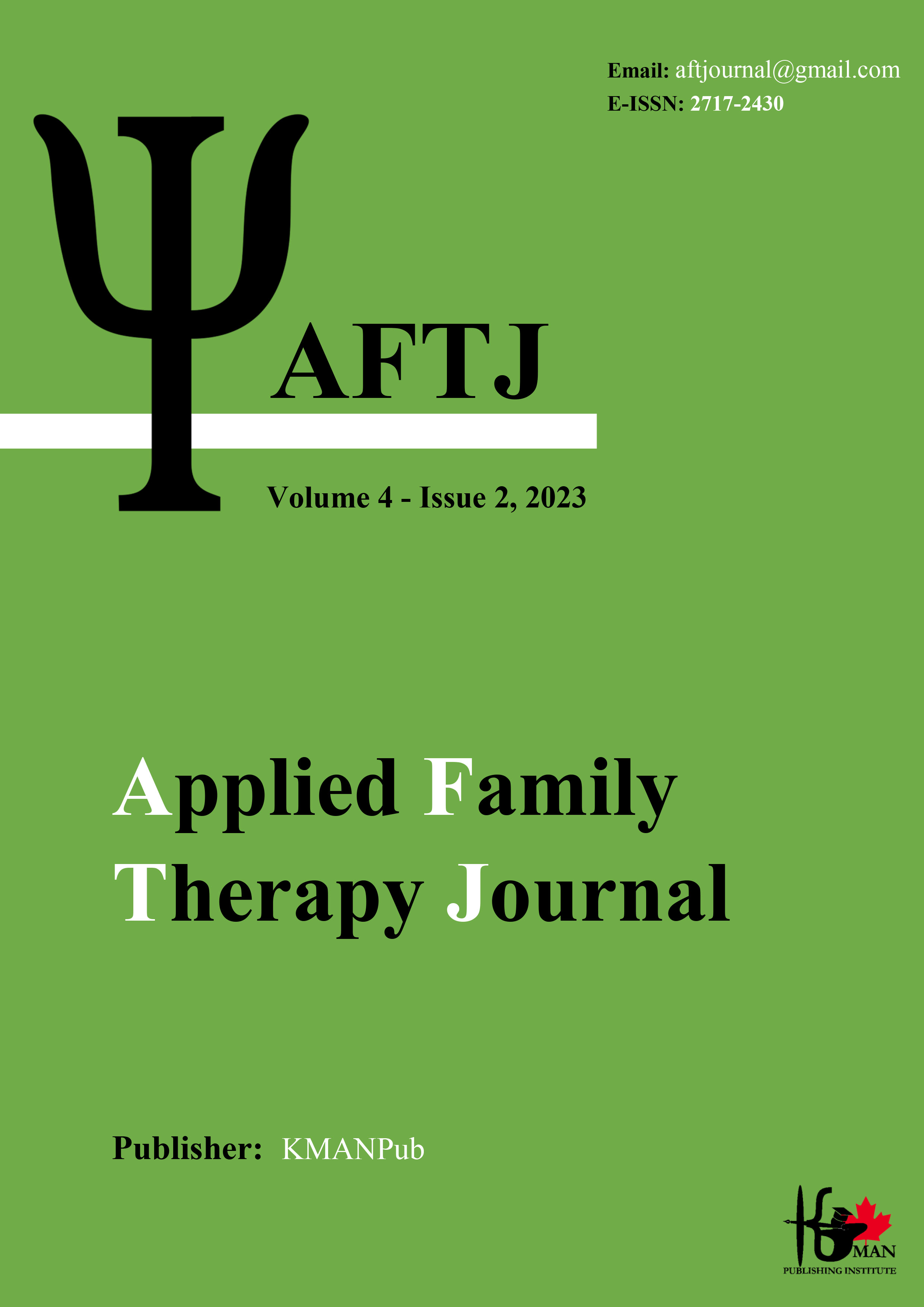Effectiveness of positive psychotherapy on adherence to treatment and glycosylated hemoglobin in female patients with type 2 diabetes
Keywords:
adherence to treatment, type 2 diabetes, positive psychotherapy, glycosylated hemoglobinAbstract
Aim: The purpose of this study was to determine the effectiveness of positive psychotherapy on adherence to treatment and glycosylated hemoglobin in female patients with type 2 diabetes. Method: This study was a quasi-experimental type of pre-test, post-test and follow-up. 30 women with type 2 diabetes who referred to Iran Diabetes Association located in Tehran province from January to May 2019 were selected by purposive sampling method. Then they were randomly assigned to the experimental group (under positive psychotherapy) (n=15) and the control group (n=15). Data collection tools were the adherence to treatment scale (Murisky, Eng, & Wood, 2008) and glycosylated hemoglobin measurement in three baseline stages, after the intervention and three-month follow-up. The structure of positive psychotherapy sessions was implemented based on Seligman's positive psychotherapy group intervention (2006) in eight sessions for the experimental group. Data analysis was done using multivariate repeated measure analysis of variance. Results: The findings showed that in the group under positive psychotherapy, the average score of adherence to treatment is significantly higher than the control group (F=511.16, P<0.001). In addition, women with diabetes in the experimental group decreased significantly in the average glycosylated hemoglobin score compared to the control group (F=389.50, P<0.001). Conclusion: The results of this study showed that positive psychotherapy can be effective in improving treatment compliance and reducing glycosylated hemoglobin in women with type 2 diabetes.
Downloads
Downloads
Published
Issue
Section
License

This work is licensed under a Creative Commons Attribution-NonCommercial 4.0 International License.





















